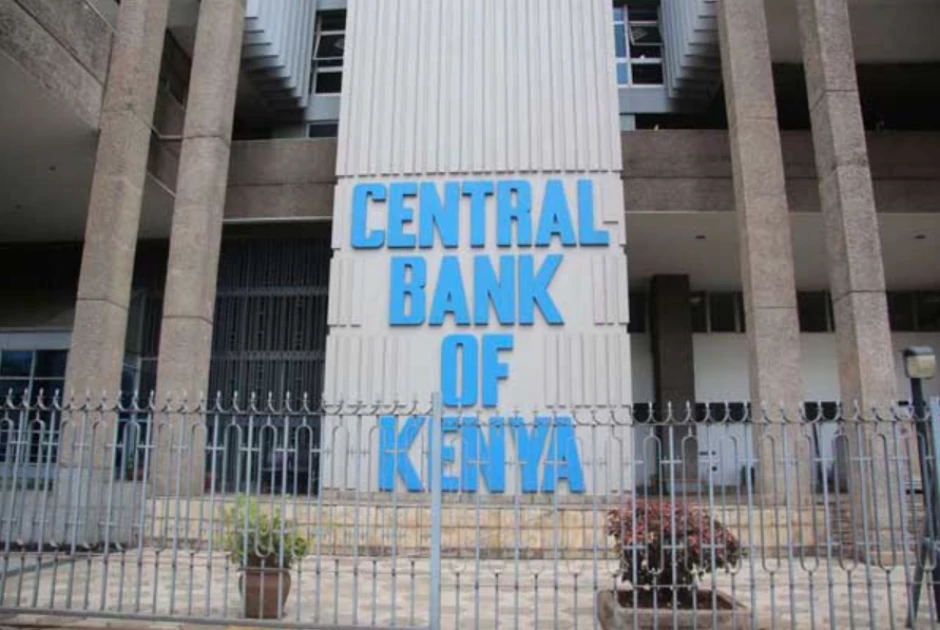The Central Bank of Kenya (CBK) has proposed new regulations aimed at bringing the fast-growing buy-now-pay-later (BNPL) industry under its watch, citing concerns over consumer exploitation and regulatory gaps.
The Draft Non-Deposit Taking Credit Providers Regulations, 2025 would require all BNPL firms and other non-deposit-taking credit providers (NDTCPs) to obtain a license from the CBK. Investors would need an initial capital of at least Ksh 20 million to operate in the sector.
The move comes as BNPL services gain traction among Kenyan consumers facing economic hardship. These arrangements allow customers to acquire goods such as mobile phones, solar panels, and motorbikes on credit, repaid over time. However, some providers have been accused of charging exorbitant interest rates and employing questionable debt collection practices.
Research and Markets projects Kenya’s BNPL market to grow by 13.6% in 2025, reaching Ksh 152 billion, and to hit Ksh 240 billion by 2030. Other businesses targeted by the proposed law include asset financing (directly or through third parties), pay-as-you-go models, and peer-to-peer lending under collective investment schemes regulated by the Capital Markets Act.
If passed, any non-deposit-taking credit business with outstanding loans exceeding Ksh 20 million would need to apply for a license before resuming operations. The draft law states:
“A person shall not establish or carry out non-deposit-taking credit business in Kenya… unless that person is licensed or registered by the Bank in accordance with these Regulations.”
CBK says the changes build on the Digital Credit Providers Regulations, 2022, which tackled high loan costs, unethical debt recovery, and misuse of personal data. The term “digital” has now been replaced with “non-deposit-taking” to clarify the scope of regulation.
To curb money laundering, investors will also be required to disclose the source of their capital to the CBK.
The public has until September 5, 2025 to submit comments on the draft regulations, after which they will be forwarded to the Cabinet for consideration.
If enacted, the law could reshape Kenya’s BNPL landscape, tightening oversight on an industry that has so far operated in a largely unregulated environment.

